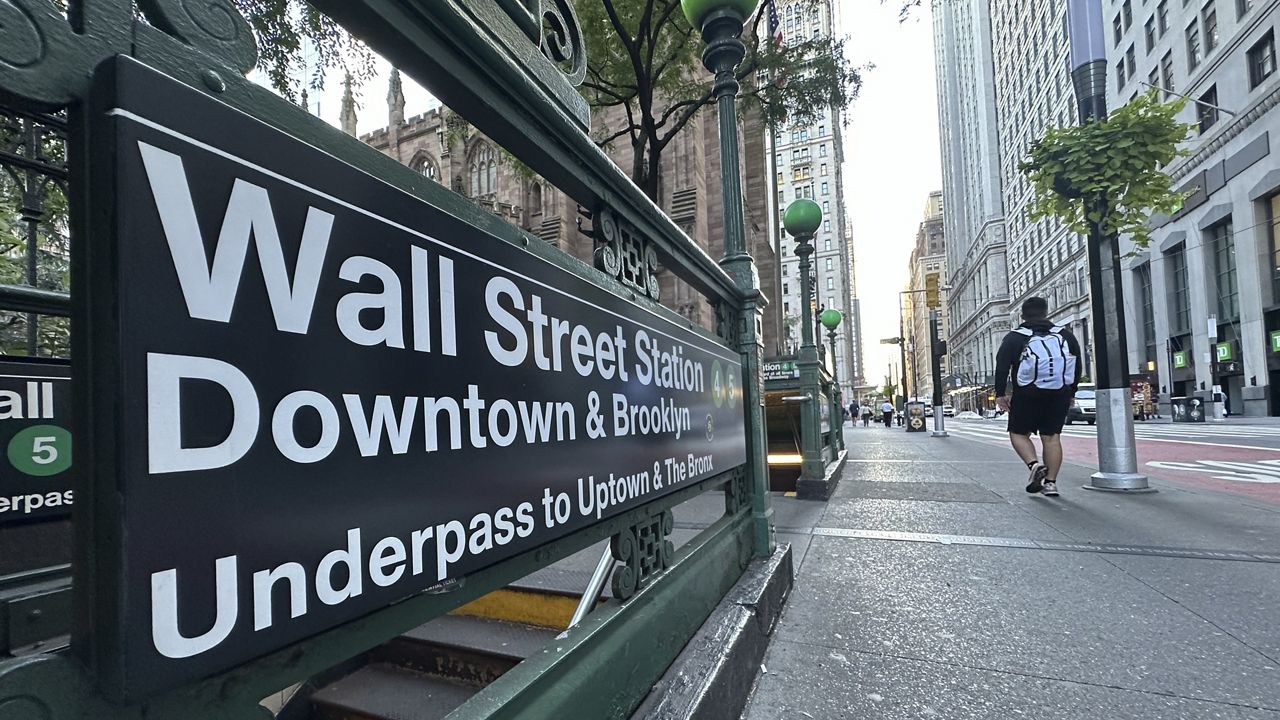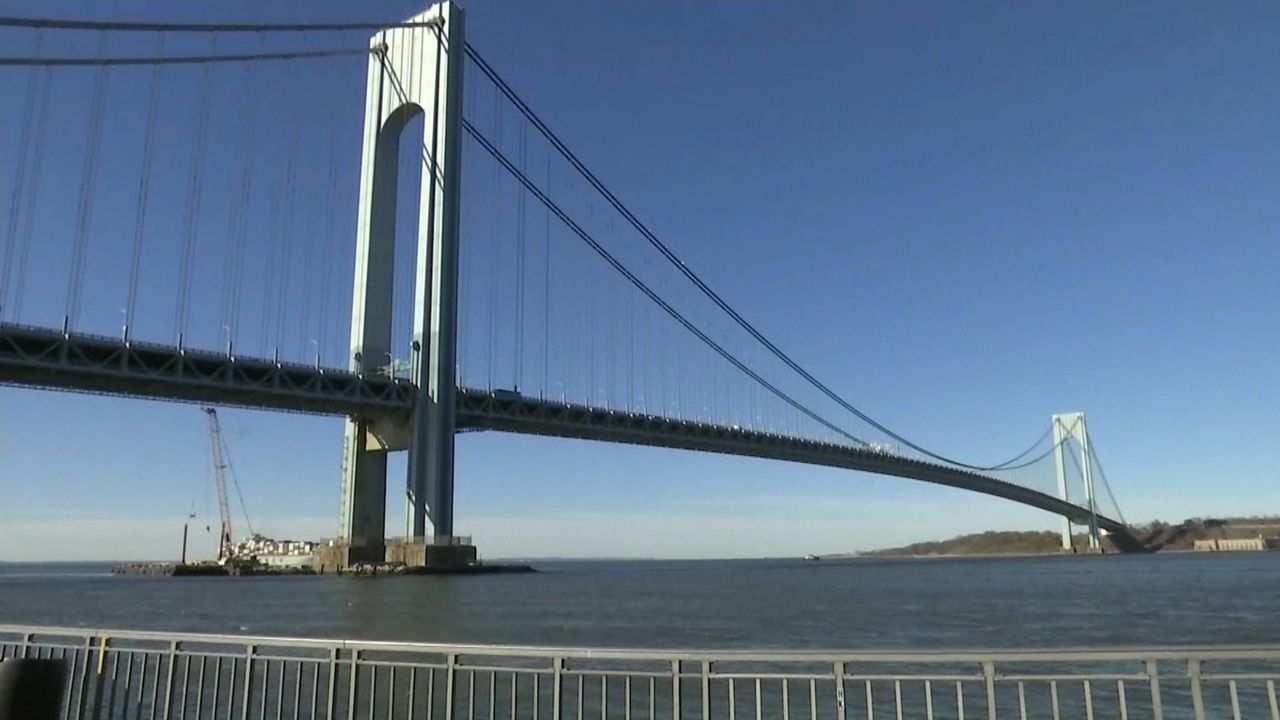One day after the launch of congestion pricing, MTA Chair and CEO Janno Lieber says it will take time for the full impact of the plan to become clear.
“We got to be honest with ourselves, New Yorkers are not going to change their behavior overnight," Lieber said during an interview on "Mornings on 1" Monday. "There are still lots of people out there who are just kind of finding out about it, learning, checking their E-ZPasses, and it will take a while for people to adjust behavior. So I don’t want to mislead folks. This is going to happen overnight, but the word is getting out, and we’re going to see how it unfolds.”
The program aims to reduce traffic and vehicle entries into Manhattan’s Central Business District by 10% to 20%, Lieber said. He added that the slightly lower $9 toll — adjusted from the original $15 fee — helped with a smoother rollout, but also softened traffic reduction expectations.
Lieber also highlighted the MTA’s plan to release a public dashboard to provide real-time data on congestion pricing.
“We're going to put out a dashboard that gives everybody a sense of how many vehicles are entering, how many of those are chargeable, how many of those are not going to be charged because they’re on excluded roadways, have exemptions, and so on," he said. "So all that data is going to be public. We're watching it very closely because we have to learn as well how the system is working in every way.”
Lieber also responded to criticism sparked by a social media post showing him unveiling a congestion pricing sign from a bucket lift.
“That was really a celebration event for the people who have worked on this for so many years,” he said. “We didn’t put it together for politicians. We had the advocates who have worked on this all that time. This is just about dealing with our problems and being realistic.”
Lieber expressed confidence that New Yorkers will adjust to the new system, pointing to past examples of successful changes in city life, such as the cleanup of animal waste from streets and the ban on smoking in bars.
“We can make change, and we do adapt, but it’s a process,” he said.
Lieber also dismissed concerns from one viewer about congestion pricing consequences, such as increased parking in the 60th Street area or stops along the FDR Drive and West Side Highway.
“All the studies showed none of those doomsday scenarios were going to come to pass,” Lieber said. “Ninety percent of people come to the CBD are using mass transit. It’s only 130,000 people who drive their personal cars… I don't think we're going to see the kind of drama that they’re talking about.”
He said the MTA is continuing to monitor the rollout, but he believes the city will adjust to the change pretty quickly.
“We’re obsessing about the details, but we don’t have our head in our hands worrying about the bad scenarios,” he said. “We’re headed in the right direction. This is like everything in New York. We tend to argue about it in a very zero-sum way, and when it’s implemented, people adapt and move on.”






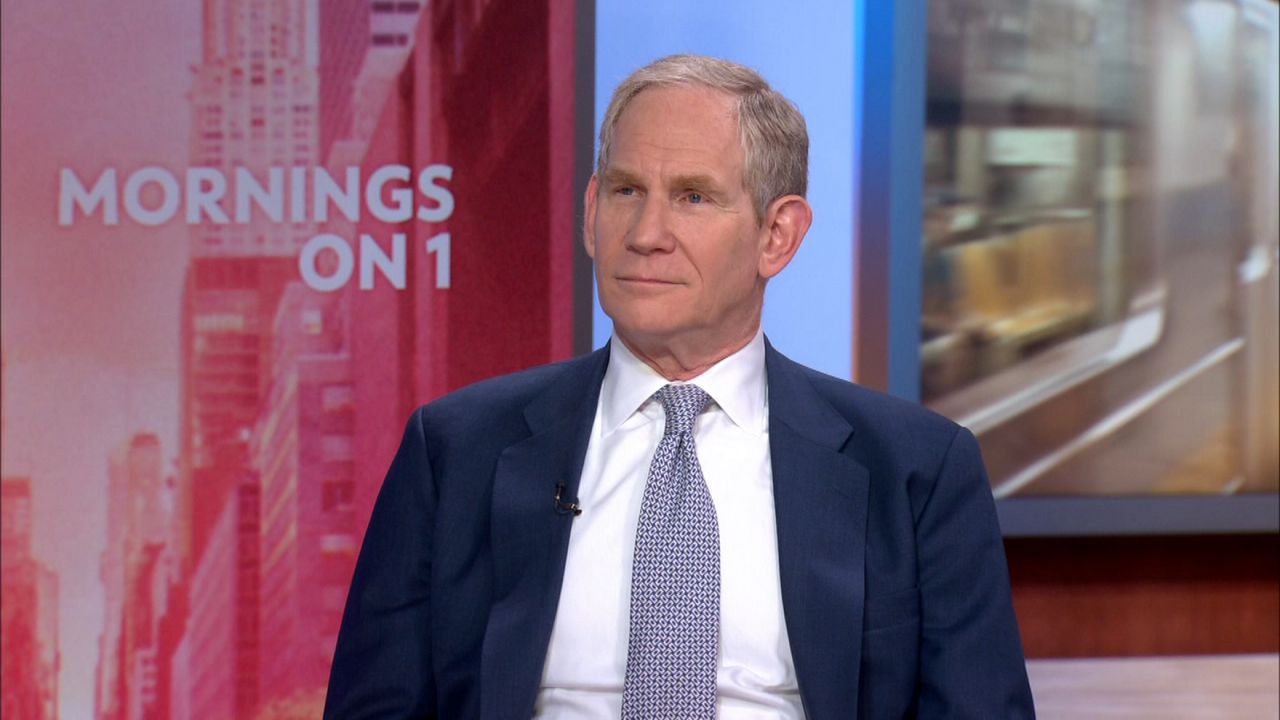
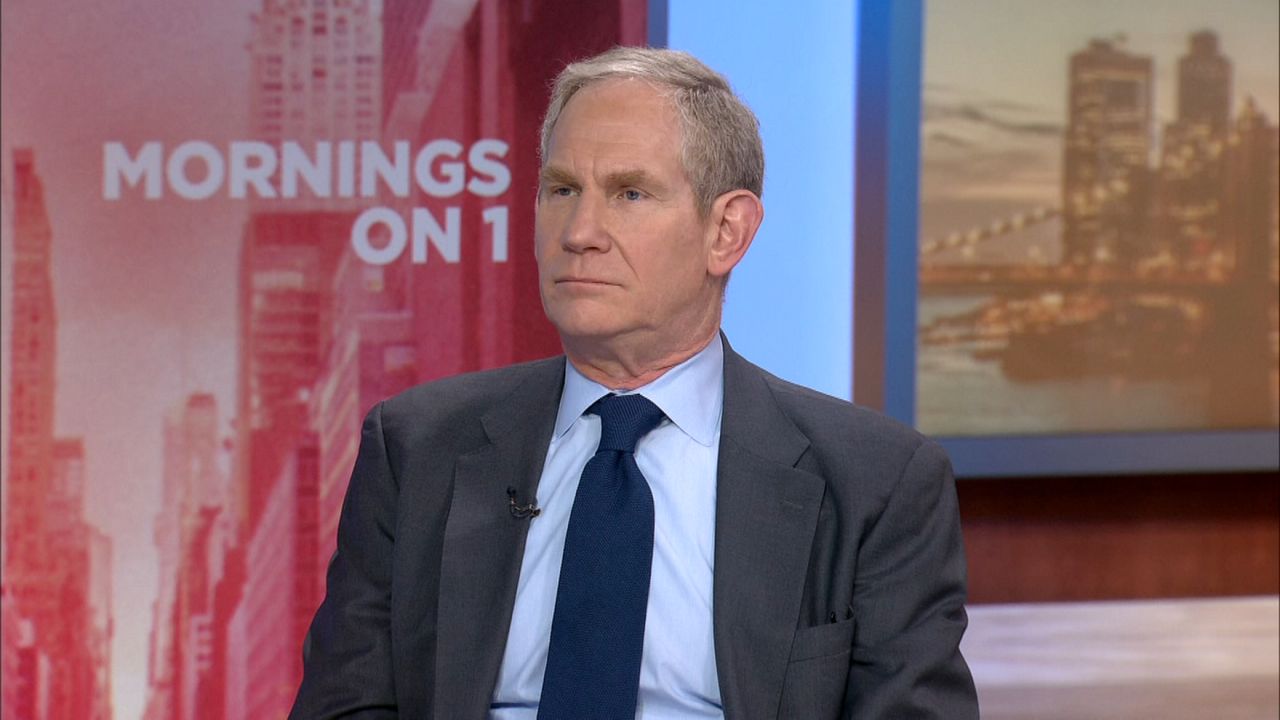
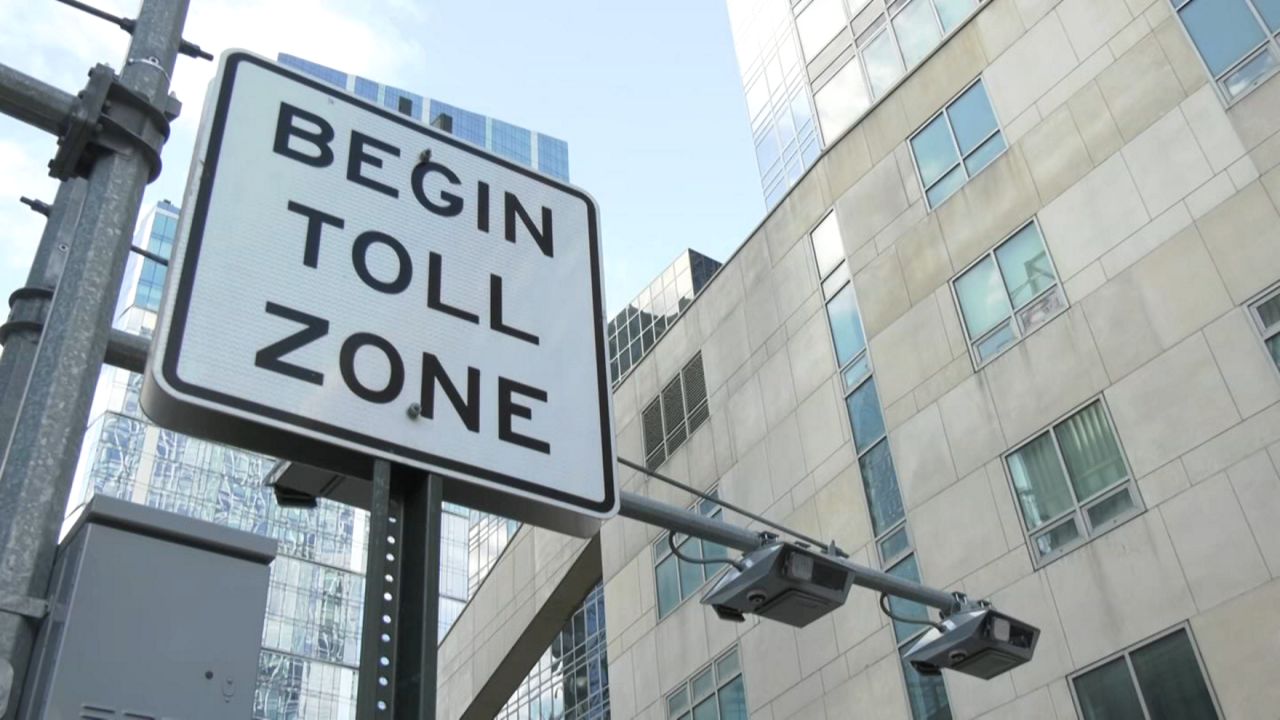
_Congestion_Pricing_Wahi_CG_132249411_1586)
